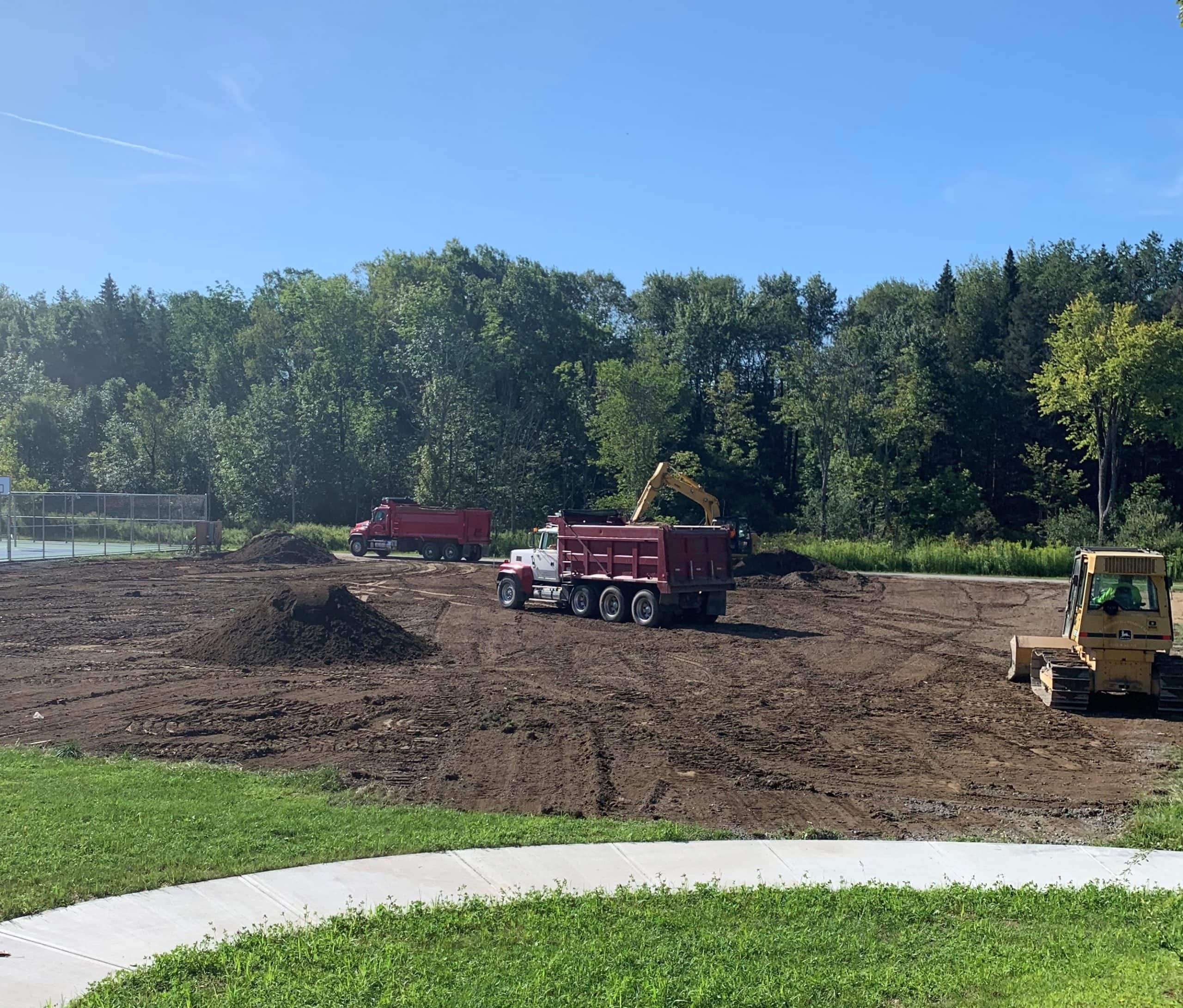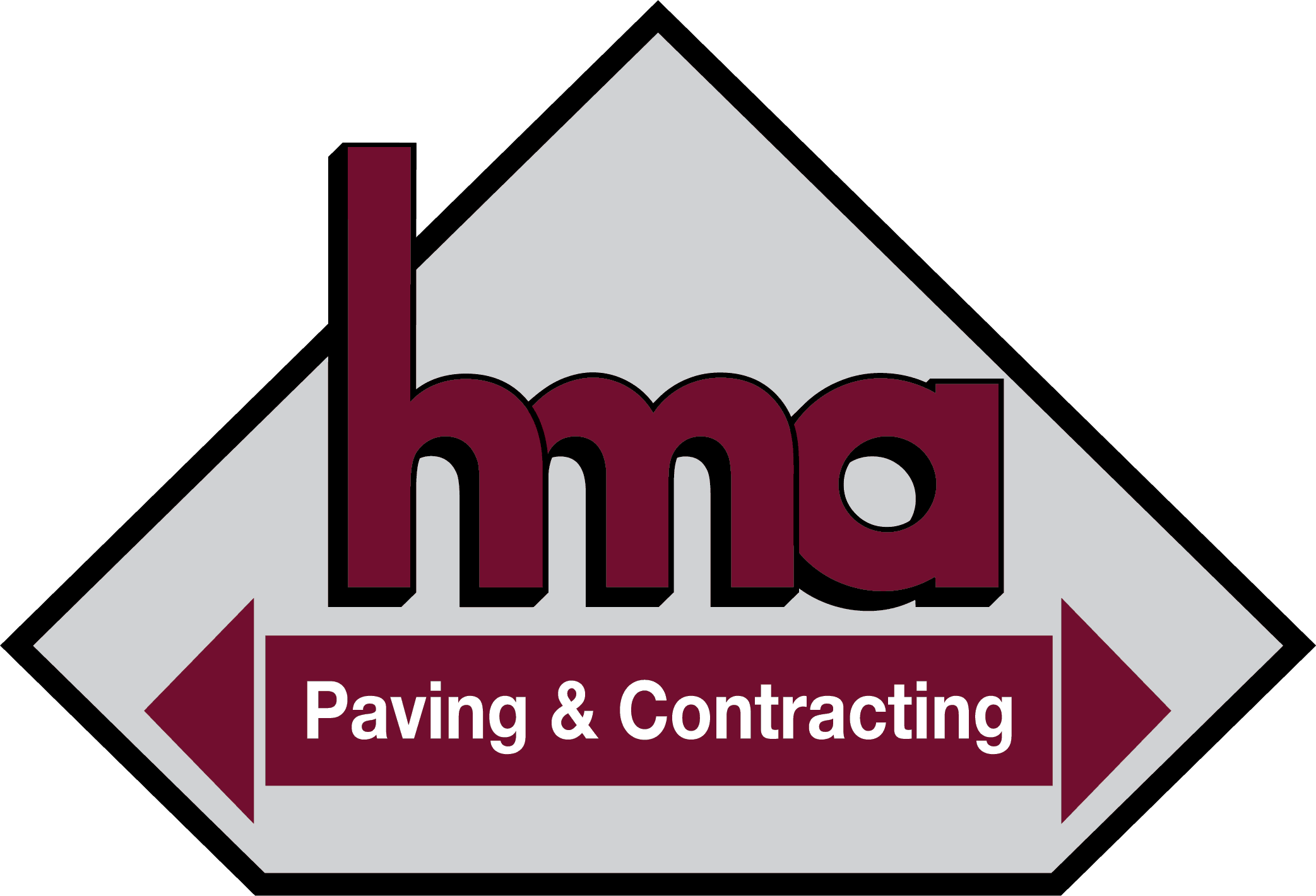
As Ben Franklin said, “By failing to plan, you are planning to fail.” A construction project, no matter how big or small, requires some upfront planning, or “homework,” to get it off on the right foot. In the long run this will help prevent scope creep and overrun costs, leading to a timely completion with a project that everyone will be happy with.
So, what is the upfront homework that should be done prior to a construction project? This will depend somewhat on whether you are a private homeowner looking to get a small project done at your residence, or possibly a large developer looking at a multi-million-dollar construction project.
Residential Construction Projects
On the homeowner side, it’s necessary to have a good idea of what you want to accomplish. When discussing your construction project with potential contractors:
- Explain in the best detail possible what you want in-regards to size, finishes, and the purpose of the work being completed. The contractors may very well have some good ideas to offer up that you haven’t thought of or considered.
- Vet your contractor. Get references and call them. Don’t figure that just because you were provided references, that they are good. You do need to follow up!
- Make sure they carry insurance for their business and get a copy of it for your records.
- Make sure the person is someone you feel comfortable with and will listen to you and your requests.
- Get a solid proposal from them with a set timeline for completion and a detailed scope, including in some cases the types of material being used. Once satisfied with the above, a contract needs to be agreed to.
Several other things factors be considered as well, such as getting a permit for the work. Many times the contractor can take care of this, as well as inspections, closeout, and final payment for the work.
Commercial Construction Projects
On the larger construction project side of things, such as a private development on a piece of undeveloped property, there are many other factors to consider.
In this example, let’s assume the developer has an engineer or architect they are working with for design and a stakeholder (bank) for the financing, that the local jurisdiction is on board with the construction project, and that the survey and DEC review have been completed.
If the basic review by all parties involved looks promising, then further upfront homework is necessary as well. The construction project may look good on paper as far as the basic budget goes, but no one has put a shovel in the ground yet. On an undeveloped piece of property, there are still questions to be asked that can allow the construction project to move ahead or stop it in its tracks.
It is advised to hire a geotechnical engineer to perform tests on-site in the form of test pits, soil borings, and perc tests. These all provide pertinent information that should be made available to potential contractors so they have a better understanding of the conditions of the site.
You should also consider having a well drilled on-site to determine the availability of water for potential tenants if you are not on a supplied water source.
Borings performed by a geotechnical engineer will tell a contractor if there is an excessive amount of underlying water on-site not visible at ground level, as well as the type of material (dirt) that’s on site. There could be an excessive amount of topsoil, sand, various types of clay, gravel, or shale just to name a few.
On-site that would not be known until a contractor puts the bucket of the excavator in the ground. In the worst-case scenario, there could be a bedrock shelf that prevents foundations and easy dirt work from being completed. What looked good on paper originally may have just gone out the window if you suddenly need to blast 10,000 or 20,000 cubic yards of rock to complete the construction project.
A side note on borings: When the locations on-site are determined for the boring locations, be sure to have them done not just randomly, but in locations that make sense to the plans and project at hand. Wherever there may be deep cuts for trenches, foundations, or digging into a hillside to gain more space, it can make all the difference in the end.
Performing a perc test allows you to determine how fast water will flow through the existing soils. This is usually warranted in the case of having a leach field as part of the septic system when not tied into the local system. If the native soils are sand, then a leach field septic system is possible. If the native soils are some type of clay material, the chances of a standard leach field are not good. The odds are even worse if there is a rock shelf.
Test pits, another option that the geotech engineer may offer, can provide information that a boring may not. A test pit will allow the engineer to actually get in the hole and examine the layers of material that have been uncovered. It may reveal that there is poor drainage, old concrete that had been deposited there as fill, glass, brick, etc. The general boring could miss all of this in some cases.
All of these, not just the dreaded rock scenario, play an important part into how the construction project is priced by a contractor and how productive the contractor thinks they can be based on each individual situation.
In the end, the more information that can be provided to potential bidders for a construction project, the more accurate the proposals will be that you receive for your project. The more guessing that needs to be done by the contractor when working up a proposal, the higher the price goes.
What has been discussed above is only a start to the long process of a construction project, but the more upfront homework that can be completed at a minimal overall cost to the project, the better. It can save a lot of arguing and costs down the road if the site conditions are known up front.
Contact HMA Today
Contact Us to learn more about any construction project that requires some upfront planning, or “homework,” to get it off on the right foot and how to avoid costly mistakes.
